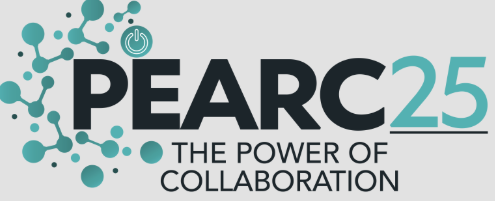The "National Cyberinfrastructure Resources in the Classroom" workshop aims to demonstrate the value of leveraging NSF-funded shared cyberinfrastructure resources to enhance the educational experience for both instructors and students. By centralizing computational resources, software, and data, the workshop seeks to lower the technical burden on students and faculty, ensuring a level playing field for all students regardless of their background.
Through a mix of informational sessions and demonstrations the workshop will highlight the benefits of using high-performance computing (HPC) and cloud resources such as: with uniform and consistent setups; centralized system and software maintenance; multitenancy; enhanced computational power; zero costs; and data protection.
Co-led by the Pittsburgh Supercomputing Center and Indiana University, the workshop will provide participants with practical insights into using these resources for educational purposes, showcasing methods for two distinct platforms with differing capabilities, and provide a venue for rich discussion and recommendations.
The workshop is primarily designed for university faculty, teaching assistants, instructors, and IT support staff involved in research computing and data-intensive courses. Participants are expected to have a basic understanding of popular computational tools utilized in classroom settings and an interest in learning how utilizing cyberinfrastructure in their teaching practices will benefit not only themselves but the lives of their students. While prior experience with high-performance computing is beneficial, it is certainly not required, as the workshop will cover foundational concepts and illuminate practical applications and popular use cases.
Authors: Stephen Deems, Jeremy Fischer, Tom Maiden, Julian Pistorius, Zachary Graber and Lena Duplechin Seymour.




